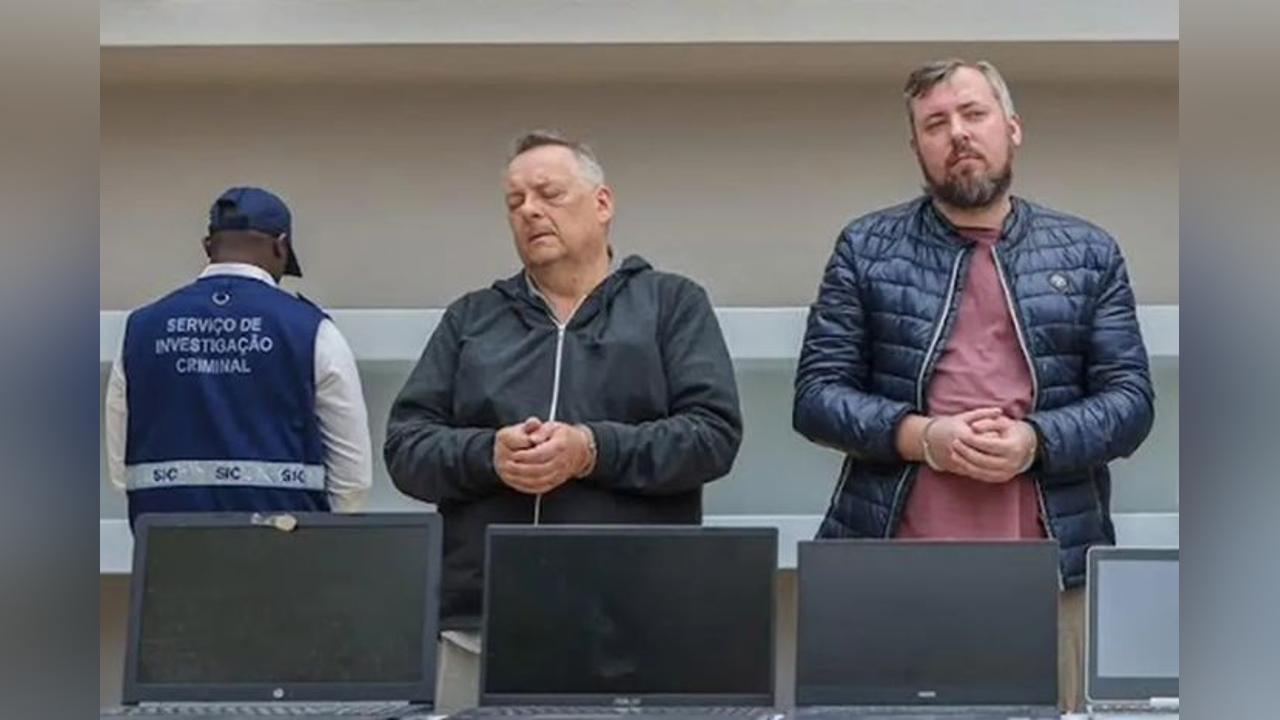Africa-Press – Angola. The possible involvement of Russian citizens linked to the Wagner group in disinformation and public opinion manipulation strategies in Angola opens a new window on Moscow’s actions in Africa.
The arrest of Igor Racthin and Lev Lakshtanov for helping to foment social unrest during the taxi drivers’ strike in Luanda indicates that Russia has expanded its underground network of influence in Africa to a previously unknown level.
The Russians, through the Wagner group, were identified in countries such as the Central African Republic, Sudan, and Mali, where they managed to place figures close to them in power. At the same time, and more importantly, they gained access to financial institutions with correspondent banks in Europe, thus allowing them to move money and evade the sanctions imposed on Russia in connection with the invasion of Ukraine.
In this context, the real intentions of the Wagner group and Russia remain to be determined when, in 2019, they became involved in the fight against Islamic terrorism in Cabo Delgado, in northern Mozambique, precisely the same year in which they manipulated social media to support Filipe Nyusi, the Frelimo presidential candidate.
The arrest of these two individuals in Angola, identified as members of Africa Politology, a cell within the Wagner Group initially created to develop “strategies and mechanisms to induce Western countries to withdraw their presence in Africa […] undermine Western influence, discredit the UN, and pursue legal action against Western media outlets,” allows us to draw two conclusions. One is that Russia effectively seeks to destabilize the Angolan government; the other, a derivative of the first, is that it intends to promote the rise to power of a group of individuals over whom it believes it has influence.
Economic ties between Angola and Russia have been waning. In June of this year, Russia’s Alrosa was replaced by the Saudi state-owned company Taaden as the shareholder of Sociedade Mineira da Catoca, and a month earlier, in May, VTB África, a bank with its parent company in Moscow, suspended its operations in Angola due to international sanctions against Russia.
The SIC (Criminal Investigation Service) guarantees that Racthin and Lakshtanov “are linked to international criminal organizations, which operate in Africa and are dedicated to producing strategies for disinformation and propaganda campaigns on social media in countries in the pre-campaign phase or even in electoral, legislative or presidential campaigns, to change legally established regimes, through the alteration of the order”, and are on the “trail of other suspects already identified, who received the amounts in US dollars and kwanzas that would be used to finance demonstrations in the provinces of Luanda and Benguela”.
This subversive action, paradoxically, ends up helping the Angolan government and João Lourenço, who can thus argue that social instability has little to do with the worsening of the population’s standard of living, but is instead the result of external manipulation.
The United States and China are clearly engaged in a dispute over economic control of Africa, in which Beijing holds a huge advantage. With this involvement in Angola, the Russians, who during the colonial war were major financiers of the MPLA, demonstrate their willingness to enter this game through subversion. And the commitments of the historic Soviet Union have been definitively broken by Putin’s Russia, although at the institutional level, appearances are maintained, as evidenced by the audience granted on August 14 by João Lourenço to the Russian ambassador, Vladimir Tararov, who is nearing the end of his mission in Angola.
For More News And Analysis About Angola Follow Africa-Press






